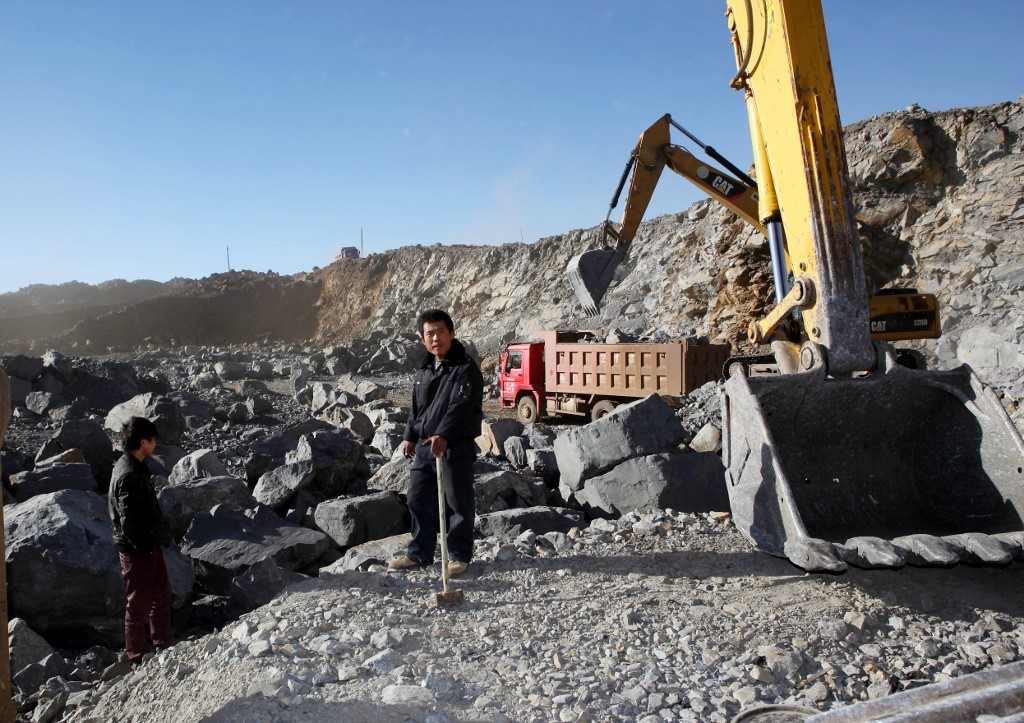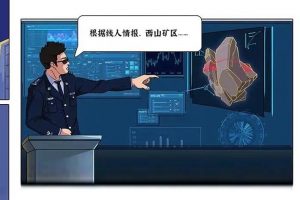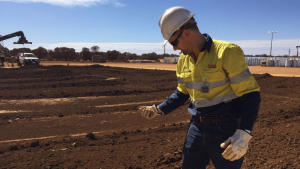Prices of rare earths needed for electric vehicles (EVs) are set to keep sizzling this year on the back of buoyant sales of EVs, uncertainty about supply from Myanmar and razor-thin stockpiles.
The Chinese price of praseodymium-neodymium alloy – used to make super strong magnets used in EV motors – doubled last year and has already shot up more than 10% so far in 2022 to 1.17 million yuan ($184,072) per tonne.
China’s industry ministry met automakers and battery companies last month to discuss the surging prices of rare earths.
“The situation is as tight as it has ever been,” Ryan Castilloux of consultancy Adamas Intelligence said. “The industry just operates hand-to-mouth and demand gets stronger month after month.”
He declined to give specific price forecasts because of their volatility.
Half of China’s Heavy Rare Earths Supply
China is the world’s dominant producer of rare earths, a group of 17 minerals used in EVs, wind turbines, and military equipment, but relies on Myanmar for around half of its heavy rare earth feedstock.
Its rare earth imports from Myanmar dried up for several months last year after the closure of a key border crossing to contain the spread of the novel coronavirus.
The border reopened in late November, but political instability in Myanmar after a military coup last year has added to uncertainty about supply, analysts said.
“It remains fragile, both politically and the health dimension, and that should be a concern for the magnet industry,” Castilloux said.
Permanent magnets made from rare earths are used in most motors used to power EVs, a sector that has seen sales boom as automakers seek to slash carbon emissions.
Global sales of EVs more than doubled in 2021 to 6.6 million, more than tripling their market share from two years earlier, according to the International Energy Agency.
Gary Gao at data provider Shanghai Metals Market said they expected rare earth prices to remain strong until at least 2025.
“Policymakers [in China] think that the current price for REE [rare earth element] oxides is somewhat undervalued,” he told a webinar.
Recognising strong demand, China increased by 20% the first batch of 2022 quotas for domestic rare earth mining production.
• Reuters with additional editing by Jim Pollard
ALSO ON AF:
China May Expand Rare Earths Mining In Baiyun Obo
GM to Domestically Source Rare Earth Magnets for EVs
China’s Rare Earths Exports Rise To Seven-Month Peak
Rare earth metals at the heart of China’s rivalry with US, Europe
























